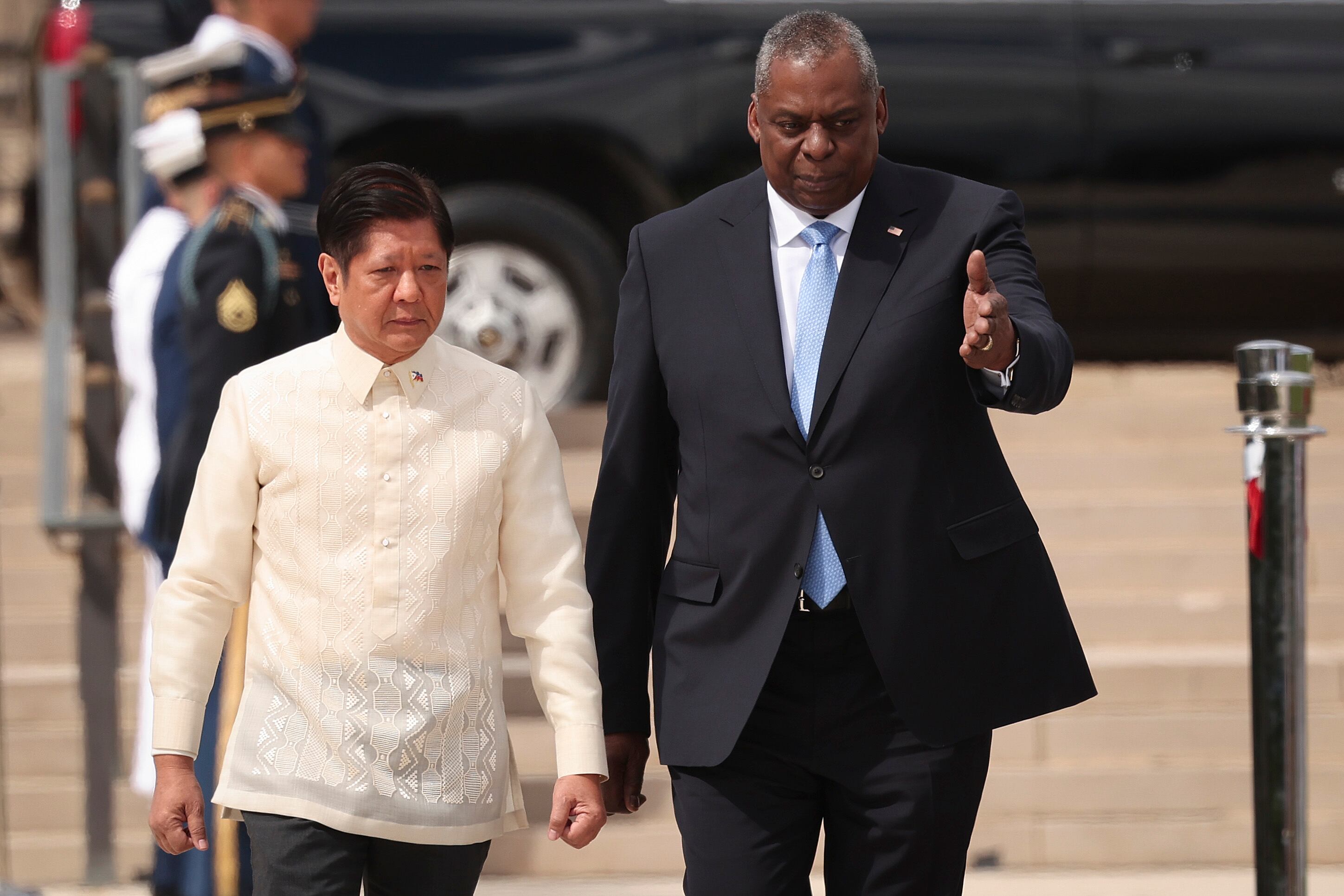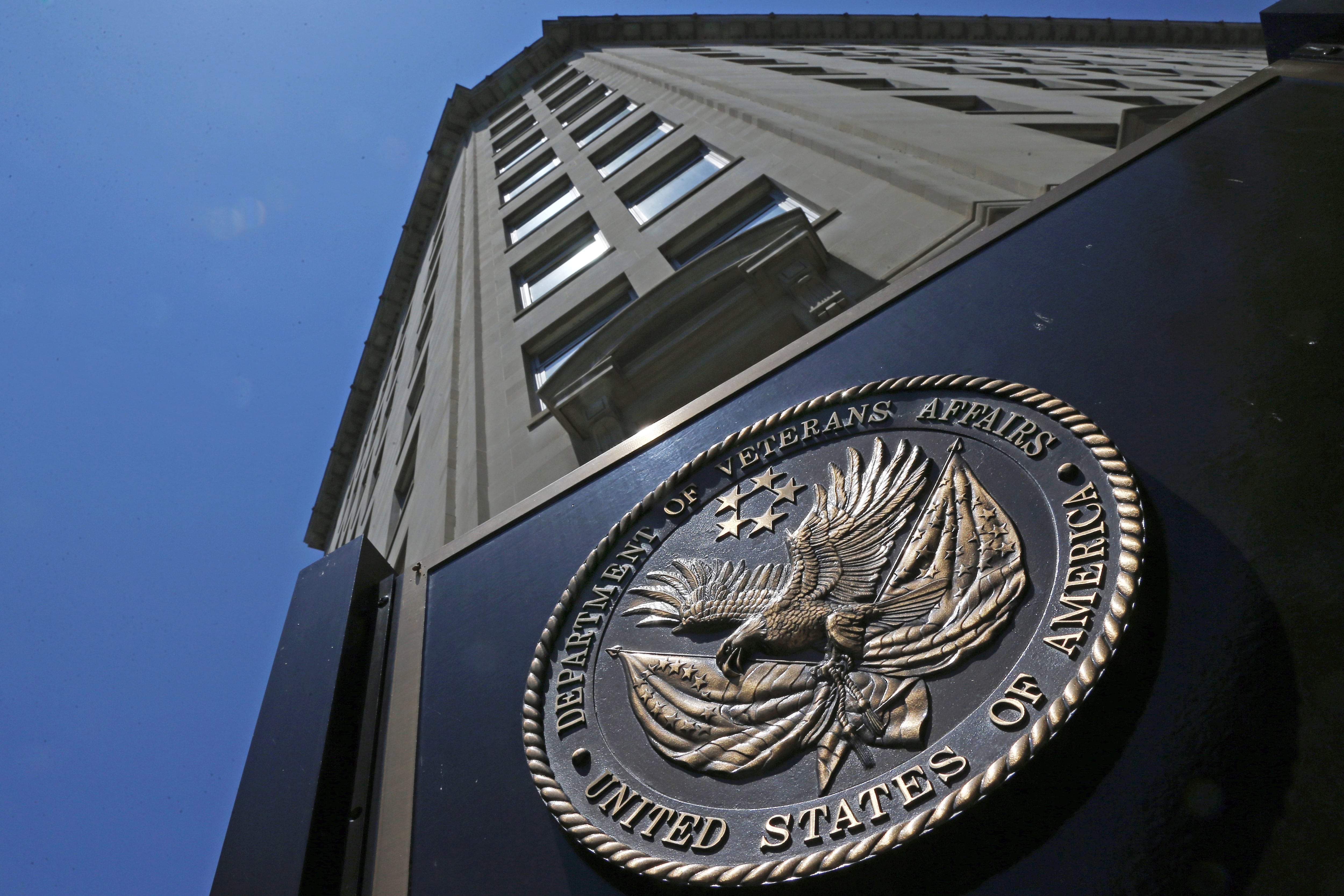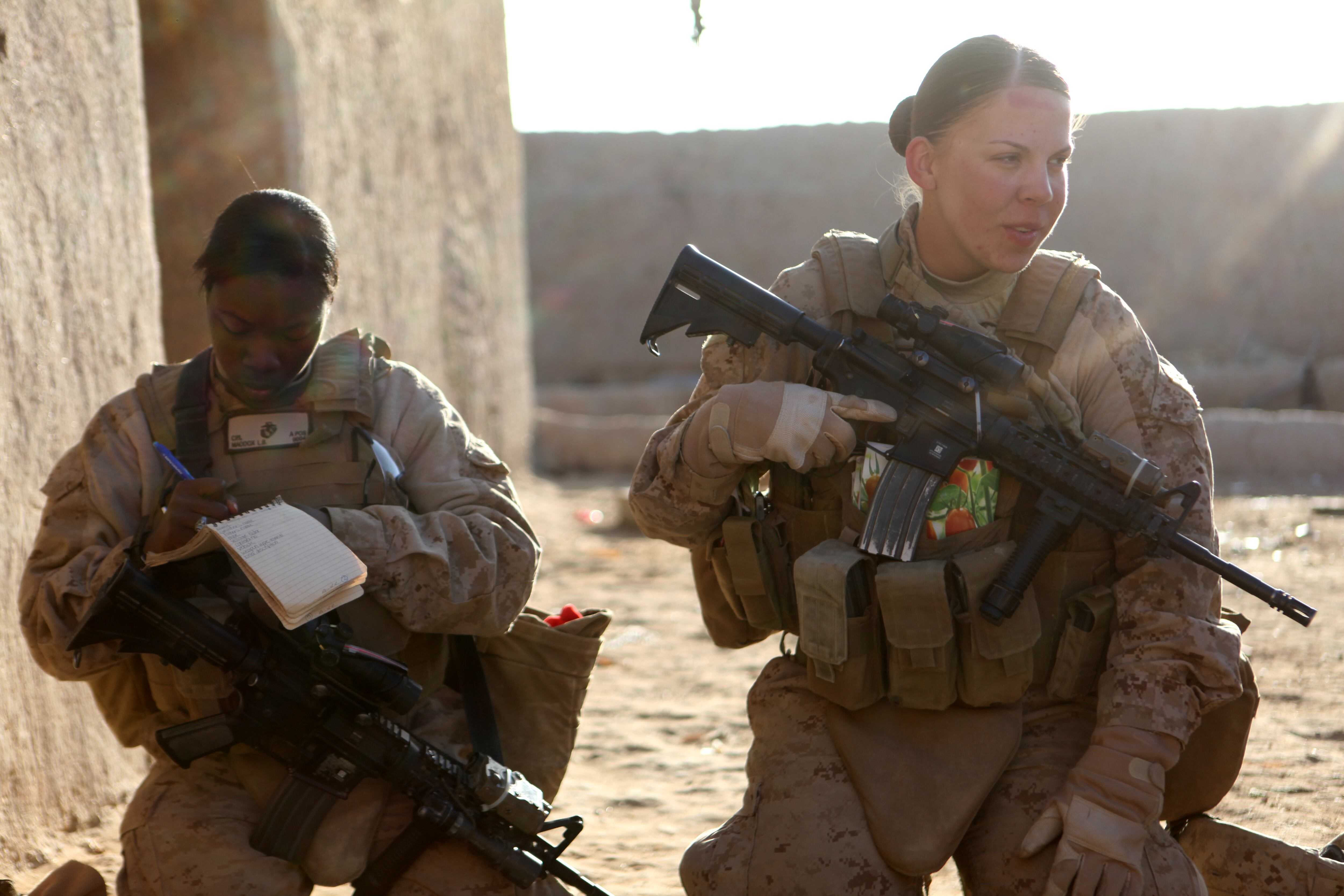WASHINGTON — The U.S. and the Philippines unveiled guidance on Wednesday to modernize their alliance in the face of an increasingly assertive China, as President Ferdinand Marcos Jr. visits Washington this week.
The Pentagon released the bilateral defense guidelines to modernize cooperation after Marcos’ meeting with Defense Secretary Lloyd Austin.
“Secretary Austin and President Marcos reaffirmed the United States and the Philippines’ ironclad alliance commitments under the 1951 Mutual Defense Treaty and their shared resolve to defend against armed attacks on their aircraft, public vessels, and armed forces – to include their respective Coast Guards – in the Pacific, including anywhere in the South China Sea,” Pentagon spokesman Brig. Gen. Pat Ryder said.
“The leaders discussed ways to coordinate more closely with like-minded nations—including Australia and Japan—to strengthen shared principles, including the rule of law, freedom of the seas and respect for territorial sovereignty,” he said in a statement.
The updated alliance framework commits the U.S. to helping the Philippines modernize its military and states that the countries will collaborate on a security sector assistance roadmap “to identify priority defense platforms and force packages that will bolster combined deterrence and capacity to resist coercion.”
It says the countries will prioritize interoperable platforms while expanding “investments in non-materiel defense capacity building including through education and training exchanges, exercises and other operation activities.” It also vows to expand maritime security cooperation, “including but not limited to joint patrols.”
The countries updated the 2014 Enhanced Defense Security Cooperation Agreement earlier this year, giving U.S. patrols additional access to four additional Philippine bases. Austin and Marcos discussed plans to “to swiftly operationalize” the four new basing sites in Northern Luzon and Palawan.
Marcos’ efforts to deepen the U.S.-Philippines alliance marks a significant departure from his predecessor, former President Rodrigo Duterte who at one time publicly threatened to expel American forces.
Aircraft, vessel transfers
China frequently accosts Philippine vessels in the disputed South China Sea, and President Joe Biden reaffirmed the U.S. commitment to defending its allies when he hosted Marcos at the White House Monday.
The administration also announced that the U.S. would transfer three C-130H military transport aircraft to the Philippines as well as two Island-class patrol and two Protector-class patrol vessels.
Congress needs to approve most U.S. arms transfers to foreign countries, and Marcos also met with several lawmakers on Wednesday.
Senate Foreign Relations Committee Chairman Bob Menendez, D-N.J., and top Republican James Risch of Idaho hosted a meeting with Marcos and other senators.
Risch said “the opportunities to deepen military cooperation and capacity between our two countries” are “vital.”
His meeting on Capitol Hill came the same day that Senate Majority Leader Chuck Schumer, D-N.Y., announced the drafting of a new bipartisan China bill that will stress enhanced security cooperation with Pacific allies such as the Philippines.
Bryant Harris is the Congress reporter for Defense News. He has covered U.S. foreign policy, national security, international affairs and politics in Washington since 2014. He has also written for Foreign Policy, Al-Monitor, Al Jazeera English and IPS News.




